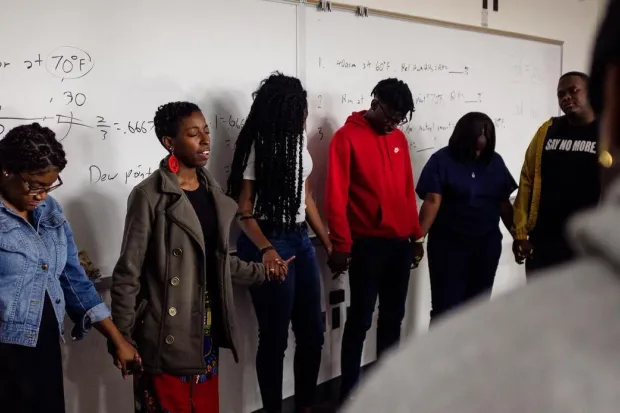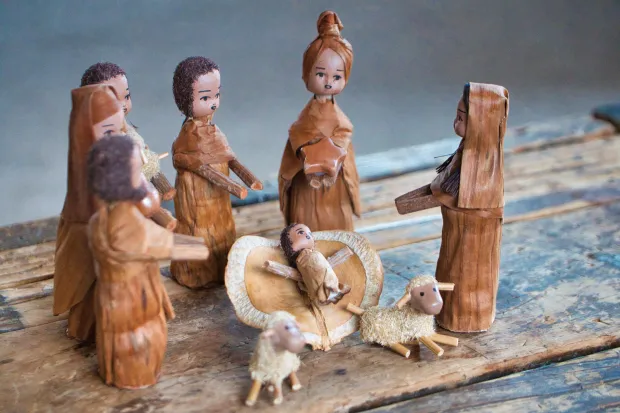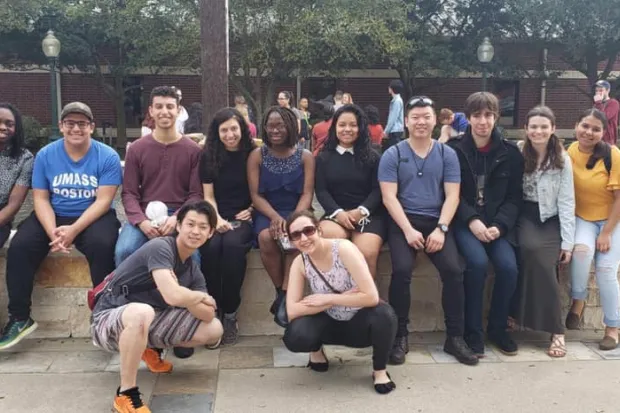Blog
Diving into Jonah—In-the-Belly Waiting
Suffice it to say, it seems like more than a few connections can be made between our situation and Jonah’s in-the-belly waiting.
A Snapshot of Running Large Groups Online
As campus was closing due to COVID, we felt an invitation to step into the unknown and experiment and learn, to be a community committed to each other even when separated.
The True Gift of Healing Prayer
I heard a sermon about how the true beauty of healing prayer lies in its portrayal of the kingdom of heaven. It invites us to know Jesus more intimately. I didn’t really understand this until I saw healing prayer work differently than I expected.
Diving into Jonah—Overcoming Reluctant Ears, Hearts & Eyes
Reluctant. That’s how I see the prophet Jonah in his eponymous book. I get that reluctance. I wonder if that’s why I resonate with Jonah.
Parenting beyond the Five-Minute Future
Right now it may be hard to think of anything long-term—even the next five minutes may seem overwhelming—but God is faithful and asks us to not only look at the next five minutes with anticipation but to also find peace in knowing that he has all our minutes, hours, and days.
The Weary World Rejoices
Right now, we are corporately waiting. We’re waiting for this pandemic to be over. We’re also waiting to celebrate the birth of our Savior.
Epiphany Reflection — A God Who Wants to Be Found
That, I think, is why the Lord used a star to lead the Magi. It shows us a God that wants to be found.
One Family—Learning Alongside International Students
As Christians called to reach the nations and honor God’s heart for justice, we must share a full gospel—one that confronts injustice wherever it takes place—and make space for international students to meaningfully engage with God’s Word in our US context with us and in their own way.
Context & Community—Striving to Be Good Missionaries
Throughout my life, I never thought I’d be a missionary, let alone a good one. But as followers of Creator Sets Free (Jesus), called to share his good news to all people, we’re all missionaries in some sense (Matt 28:19–20). And being called to be a missionary on campus has brought a lot of healing in my life.
White-knuckling It through 2020
As this year draws to a close, I realize I’ve too often been white-knuckling my way through it, just trying to hold on, keeping my grip for just a little longer. And that’s just not healthy.









